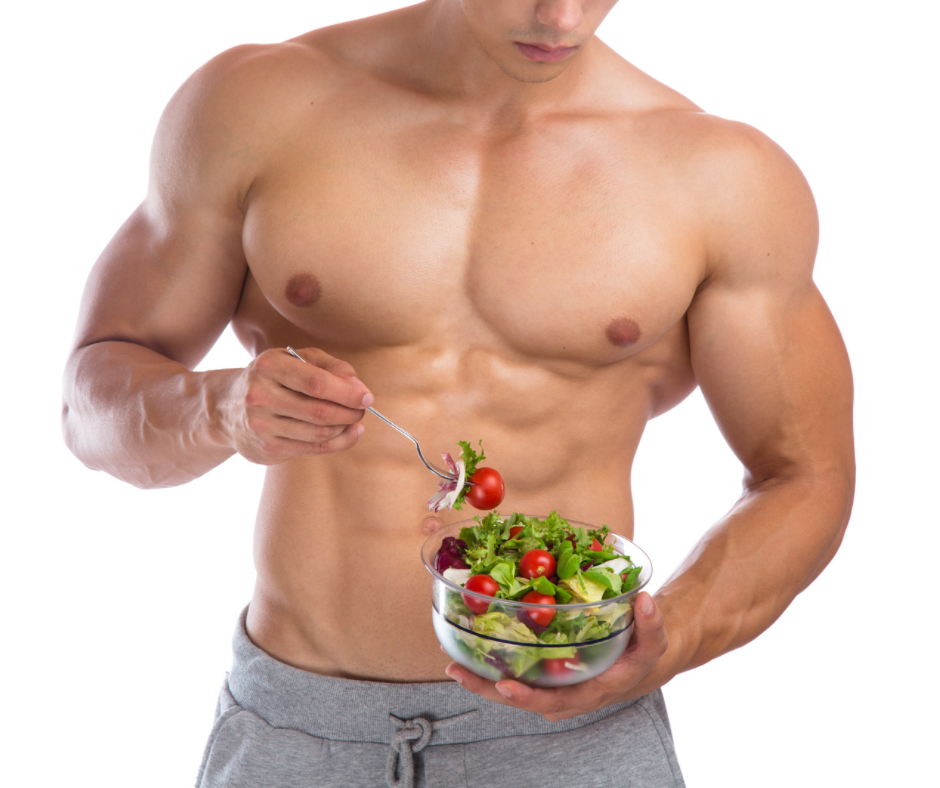No of the intensity of the workouts or the number of repetitions one performs each week, nutrition is always a key factor in determining one’s fitness improvements. Never, ever overlook this important part of training! Your body will grow and mend muscles, restore energy stores, reduce stress, and maintain a high metabolism throughout the day with the support of the right post-workout foods.
Read More: How this breathing technique might help you get quick and better sleep.
Guidelines for Post-Workout Meals
We’ll explain some of the dos and don’ts of post-workout nutrition for you in this article. Use these suggestions to quickly reach your body-related goals. Are you prepared to investigate the fantastic advice and take advantage of superior exercises with improved outcomes? then allow us to begin:
1. Your Body Needs Protein.
Make sure your supper is protein-rich if you’re trying to figure out what to eat after doing exercise. Consuming protein may provide your body with both required and non-essential amino acids, which are necessary for accelerating the repair of muscles and tissues after exercise. What to eat after a workout is a question that most fitness fans struggle with. Well! Lean proteins, such as those found in wild-caught fish, cottage cheese, poultry raised without antibiotics, eggs, and almonds, as well as occasionally cattle or other types of red meat, are the best source of protein. The quickest and fastest cure is to take protein supplements if you are too busy to refill your body with home-cooked foods.
2. Increase Your Consumption of Glycogen.
Our body’s glycogen stores are exhausted as a result of such intense workouts. Do you have any questions about glycogen? Well! When we eat enough food after working out that contains healthy carbs, our body produces glycogen, a polysaccharide that can aid to increase our energy levels. Your body releases insulin when you incorporate carbohydrates in your post-workout meal plan. This insulin absorbs glucose from our blood and stores it as energy in our cells and muscles. The glucose molecules are subsequently transformed into glycogen when your body has adequate nourishment. You should eat protein and carbs together to make the insulin release more pro-active.

3. Don’t Deprive Your Body of Nutrients for a Long Time.
Never waste time thinking about things like, “What should I eat after a workout?” Your body will have a negative reaction to this. If you’re wondering when to eat after working out, keep in mind that in order to maximise the benefits of your hard work, you must consume a nutritious post-workout meal within an hour of finishing your workout. The human body may perfectly refill its glycogen reserves within this window of time, as well as mend any injured muscles and tissues. Get hold of supplements like protein drinks, BCAAs, etc. if you avoid full meals.
4. Pick Foods That are Simple to Digest.
The body has to receive nutrients as soon as feasible if you want a fit physique and superior outcomes. The correct post-workout diet can promote a speedy recovery and help you get the most out of your effort. The following foods and supplements should be tried to be a part of your diet after working out: whole grains, oats, avocado, almond butter, chicken, fruits, eggs, greek yoghurt, quinoa, and oatmeal. All of these items are simple to digest and will make you feel full.
5. Avoid Drinking and Smoking
It is time for you to say a firm no to smoking and drinking if you truly want to provide your body with the ideal post-workout nourishment and profit from those nourishing items. Alcohol and tobacco products tend to slow down the process of your muscles healing. Certain hormones that might ordinarily aid in the creation of testosterone are inhibited by alcohol.
6. Fill Up on Healthy Fats to Complete Your Meals.
It’s crucial to incorporate healthy sources of fat in moderation on your list of post-workout foods. These meals will help you feel fuller for extended periods of time in addition to helping you feel satiated. Saturated and trans fats, on the other hand, should not be consumed since they raise LDL and blood cholesterol levels. You can occasionally eat saturated fats like salami and bacon, but the intake must be controlled. Monounsaturated or polyunsaturated fats, which are readily ingested in the forms of avocados, almonds, chia seeds, fish, low-fat milk, etc., are known to lower cholesterol levels and lessen the risk of heart disease.
Also, Read- Transform Your Mental Health with These 6 CBT Techniques.








